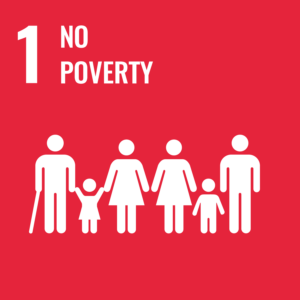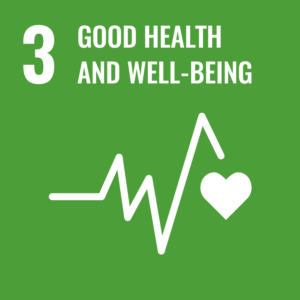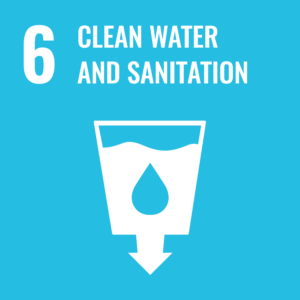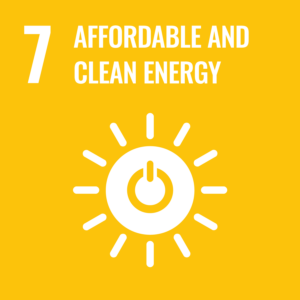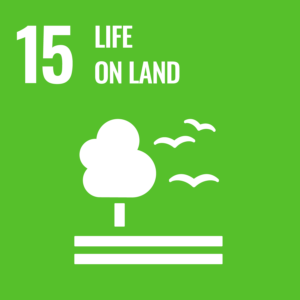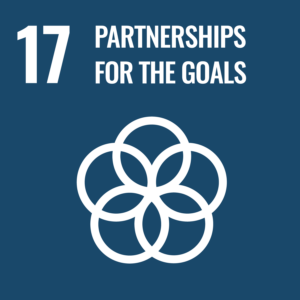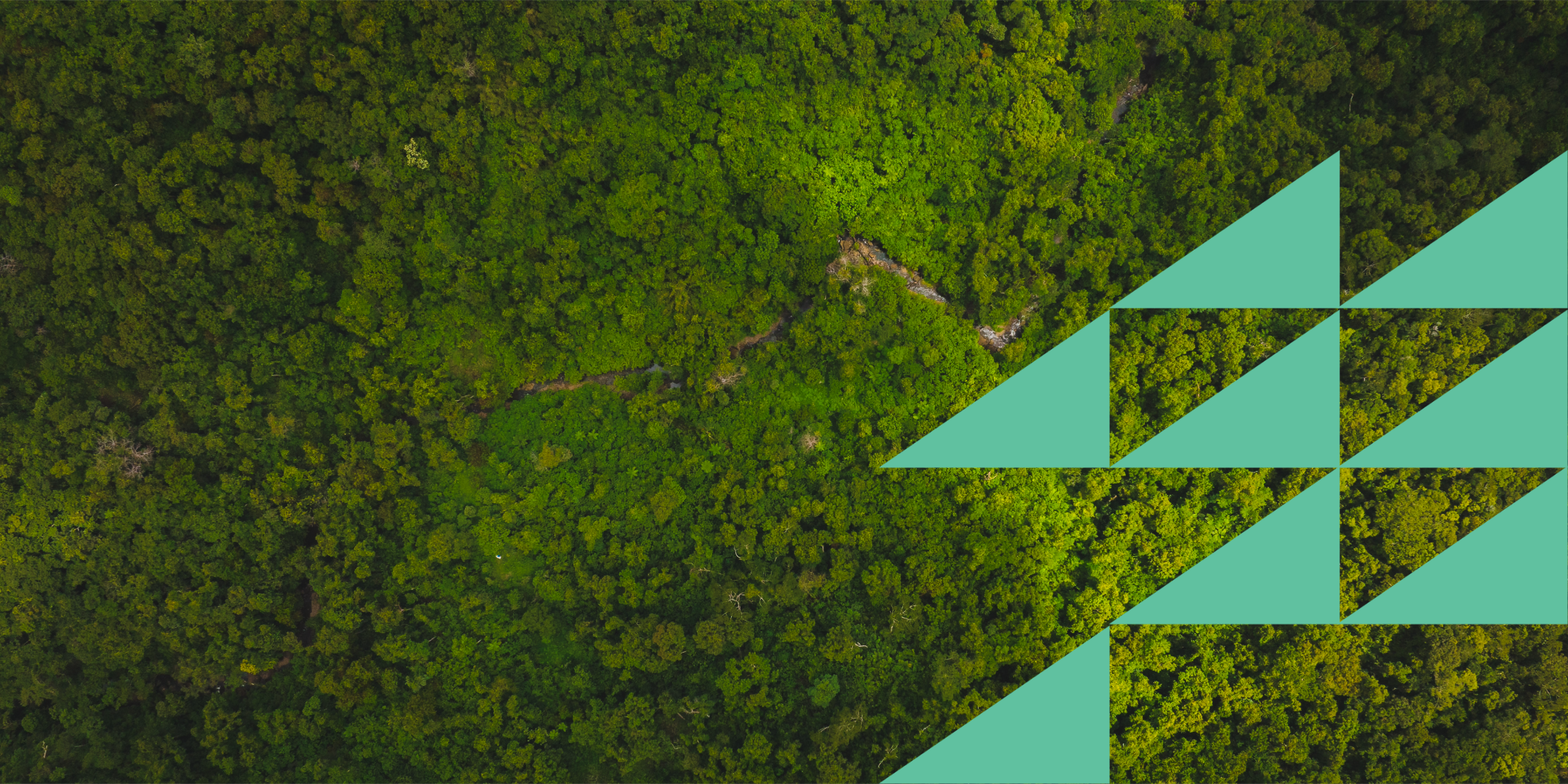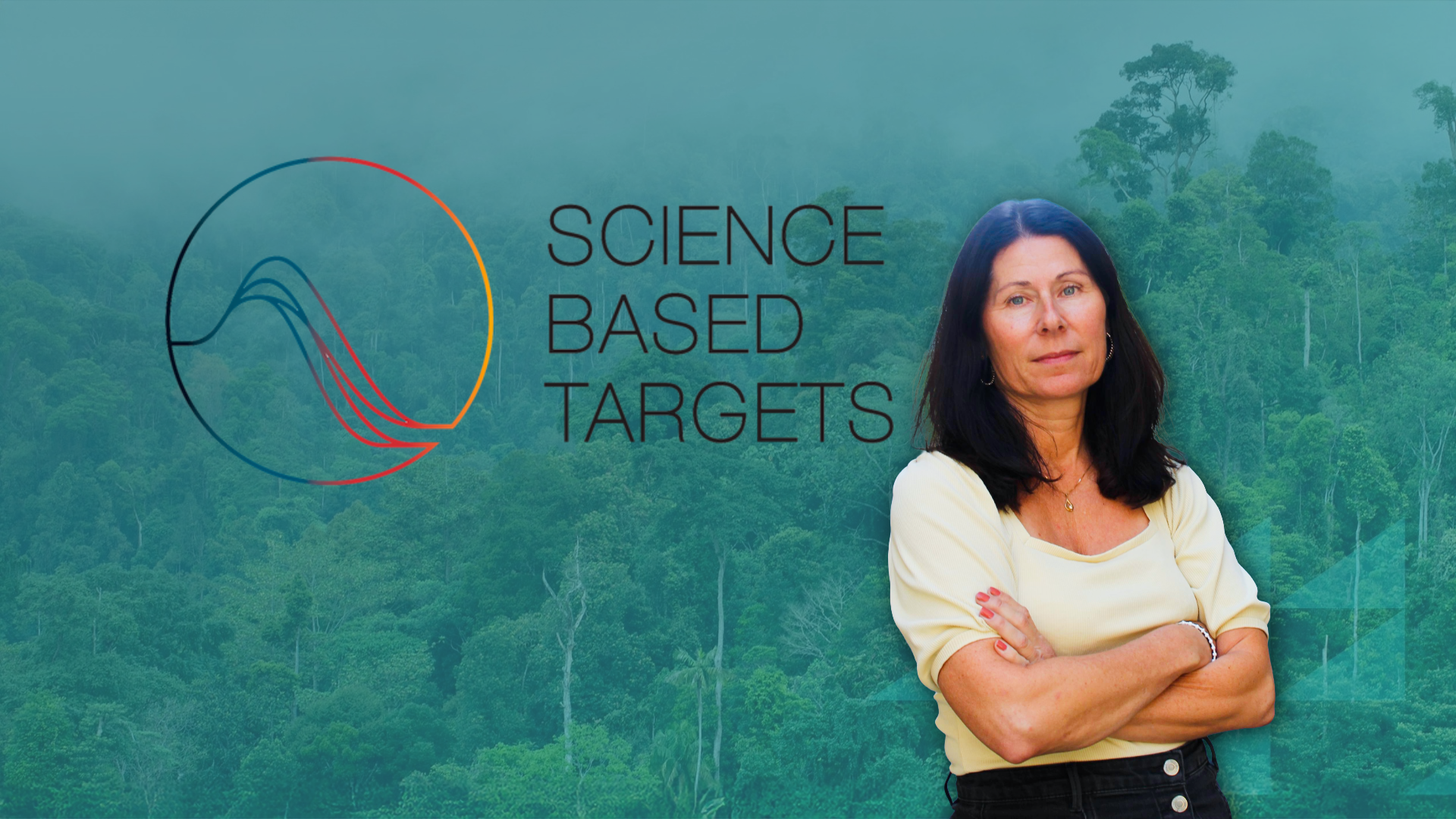Trees for Global Benefits, Uganda – Plan Vivo
Uganda är ett land som är rikt på naturresurser. Men på grund av jordbrukets expansion, behov av träkol och fattigdom är skogarna utsatta för ett utbrett avskogningstryck. Det främsta målet med Trees for Global Benefits projektet är att förbättra situationen för jordbrukare genom ett långsiktigt och klimatanpassat jordbruk med trädplantering i fokus.
Bakgrund
Trees for Global Benefits är ett Plan Vivo-certifierat projekt som startade år 2003 med målet att möta dessa utmaningar på ett integrerat och hållbart sätt. Genom att arbeta direkt med småskaliga jordbrukare runt om i Uganda syftar projektet till att minska trycket på nationalparker och skogsreservat, samtidigt som man binder koldioxid genom trädplantering. Projektet har också ett tydligt fokus på att förbättra levnadsstandarden för deltagande hushåll genom att öka och diversifiera deras inkomster. Samtidigt har projektet också som mål att stärka småbrukares motståndskraft och anpassningsförmåga till klimatförändringarna.
Projektet
Projektet drivs av Ecotrust, en lokal miljöorganisation med lång erfarenhet av att kombinera klimatarbete med social utveckling. Idag deltar över 40 000 småbrukare i projektet, och verksamheten växer stadigt i takt med att fler ser nyttan av det. En viktig del av arbetet är att stärka småbrukarnas förmåga att anpassa sig till klimatförändringar genom ett långsiktigt klimatanpassat jordbruk. I flera områden används metoden GALS (Gender Action Learning Systems) för att främja jämställdhet och ge kvinnor ökat inflytande. Dessutom används modellen Multilane Highway, där lokalsamhällen tillsammans kartlägger sina framtidsvisioner och identifierar gemensamma mål och utmaningar.
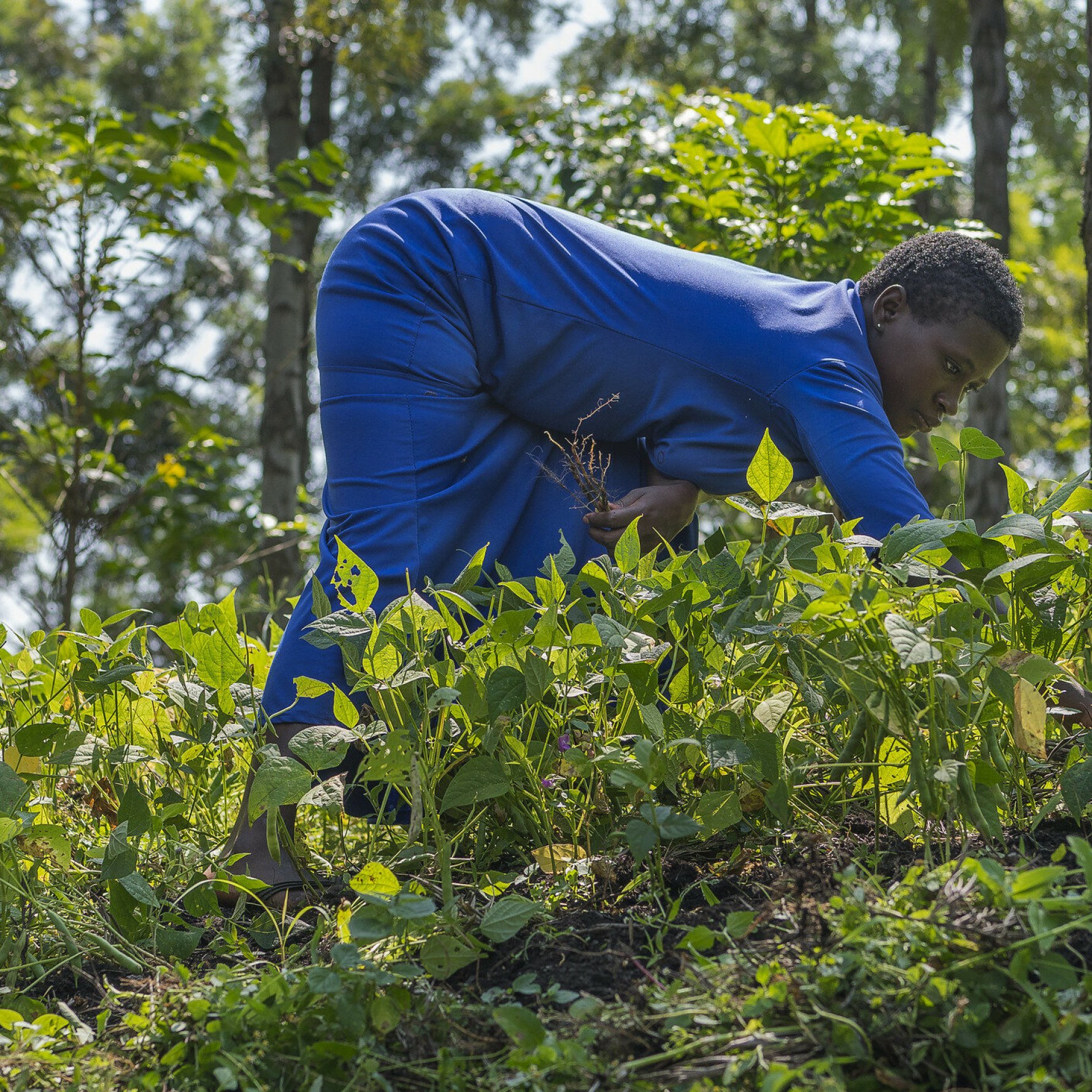
Unik egenskap
Genom agroforestry – skogsjordbruk där inhemska träd planteras tillsammans med nyttogrödor – bidrar projektet till ökad matsäkerhet, tillgång till ved, förbättrad markkvalitet och stabilare inkomster. Sedan starten har över 27 000 hektar mark inkluderats och mer än 6 miljoner USD har betalats ut till deltagarna. Precis som i alla Plan Vivo-projekt går minst 60 % av intäkterna direkt till småbönderna.
Projektet bidrar till följande mål
Se en film om Trees for Global Benefits projektet
